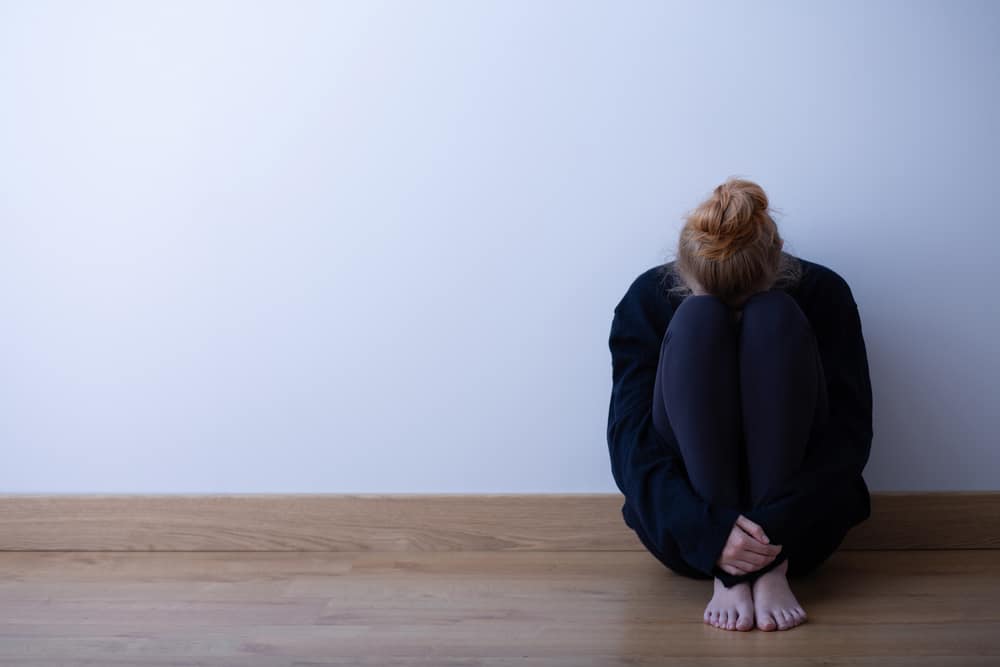
Therapy and counseling looks different for every person. It is no secret that therapy can be a long process. Working with therapists should be an open and honest environment. Wrapping up therapy can be an awkward topic to bring up but doesn’t need to be a stressful process. Therapists are there to best serve you, so if you feel that your time is better spent somewhere else, or need to take a break, there is nothing wrong with that course of action.
Making the choice to leave therapy can be just as hard as choosing to attend therapy. Here are some things that you should consider before you stop attending therapy.
Your Goals Have Been Met
The overall goal of therapeutic treatment is to help you achieve your goals. Meeting those goals can look different for every patient. Oftentimes, meeting your goals does not need to happen inside a therapy session or during treatment, but your therapist does have the best course of action to help you reach them. If you feel that you have made progress and are happy with the goals you have achieved, you can consider putting a pause or stopping therapy.
One thing to remember is that this is often a long process. You may take a break for a while and come back if you feel you need more guidance or have new goals. Major life changes can be hard and returning to therapy can be helpful.
Treatment Length Depends On You
Some patients feel that therapy is a lifelong process. Going to a therapist can help you talk through issues in your everyday life and not just getting over one hurdle. You as the patient get to decide how many sessions you feel are necessary and what your plan looks like. As the patient, you should communicate with your therapist about what you hope to accomplish, how you feel after a few sessions and how long you want to continue.
You Feel Uncomfortable With Your Therapist
A major reason to stop going to therapy is if you no longer feel comfortable with your current therapist. If you experience doubt, sexual abuse, emotional abuse, are not feeling heard, or are just not fitting with your therapists personality, you can see treatment somewhere else.
For those who have had major problems with a therapist, it is good to stop treatment right away. If you are just feeling that you could find a more personable therapist, you can ask your current therapist for recommendations for those they think would be good.

Set Intentions Up Front
Before you get too far into your sessions, it can be helpful to talk to your therapist about what you want to accomplish and how many sessions you both feel is necessary. Raise questions and concerns and talk about your expectations. Working with your therapist in this way will help you feel more comfortable about adjusting how often you meet or when to stop sessions all together.
Ogden Psychological Services
Working with a trusted therapist helps to ensure that you get the most out of your therapy experience. We are board certified and we individualize our treatment for every patient.
Helping you reach your goals is our goal! We offer services for teen and child therapy, marriage counseling, individual therapy, behavioral and learning disability treatment and more. Don’t hesitate to call our office and speak to us about concerns with us directly. Contact and learn more about us here.



